As a Management and Organization researcher, I see the world as multiple relationships, mostly occurring simultaneously between and within the business world, our society, and the nature. Additionally, I also tend to establish relationships between everything I see and read and my own research interests: stakeholder theory and corporate sustainability. Last months have been especially complicated all around the planet due to the COVID-19, and the whole world currently continues struggling to fight the pandemic. The COVID-19 has affected our lives, and that is a fact. The COVID-19 pandemic has changed the way we behave and relate to the world, and every day we can hear and read in the news how the pandemic is shaping our lives.
As a stakeholder theory researcher, and mainly by reflecting on recent news, I intend to offer in this blogpost some personal thoughts on how I perceive the COVID-19 pandemic affects corporate-stakeholder relationships. But let’s start from the beginning: what is stakeholder theory? Stakeholders are all those groups who can affect or be affected by an organization (Freeman, 1984). Stakeholder theory supports that organizations should engage and create value for and with stakeholders through enduring relationships (Freeman et al., 2010). In my opinion, the COVID-19 pandemic has had a significant impact on these corporate-stakeholder relationships.
Corporate-stakeholder collaboration brings new opportunities for value creation and sustainability
One of the key pillars of stakeholder theory is stakeholder value creation. Stakeholder theory supports the idea of companies and stakeholders engaging and working together to co-create value. Stakeholder value creation requires firms and stakeholders to share joint interests and establish trustworthy collaborative relationships (Kujala et al., 2019). This value creation has great potential to contribute to sustainable development, including all the economic, social, and environmental spheres.
The COVID-19 pandemic has brought many examples of this stakeholder collaboration for value creation. For instance, Dulas is a company from Wales that produces solar fridges (BBC, 2020). The company has partnered with Gavi, The Vaccine Alliance, to provide solar-powered fridges that can store the COVID-19 vaccines at an appropriate temperature (BBC, 2020). Gavi has also partnered with UNICEF, governments, and local people to bring and build the solar panels and fridges into countries with unreliable electricity infrastructure and warmer weather conditions (BBC, 2020). Thus, this collaboration bring value to society, contributing to the social pillar of sustainability. However, this example also brings to the table the many current social inequalities worldwide, and the extreme differences among countries from the Global North and the Global South, visible also during the pandemic and the vaccine supply. Unfortunately, the social pillar of sustainability, involving the unequal distribution of wealth, is something people usually tend to forget when we talk about sustainability.
As we have seen, corporate-stakeholder collaboration can contribute to solving these issues, but still there is plenty of work to do. Merely having the Global North solving these issues might feel simply like a short-term solution that creates dependent relationships. Instead, sharing resources, both material and intangible, and empowerment might be better alternatives. As I once read “Genuine sustainability also demands poverty alleviation, population stabilization, female empowerment, employment creation, human rights observance and opportunity redistribution on a massive scale.’” (Tom Gladwin, extracted from Winsemius & Ulrich, 2002). Only after having the basic needs covered up worldwide, the planet can achieve harmony and real sustainability (Winsemius & Ulrich, 2002). Luckily, the pandemic will help us realize that together, we are stronger.

Stakeholder relationships: identifying non-human actors
The relationship between stakeholder theory and sustainability has been widely discussed (see Hörisch et al., 2014; Hörisch et al., 2020; Schaltegger et al., 2019); and one of the main discussions has revolved around the recognition (or not) of nature as a stakeholder (Laine, 2010). Recent news made me reflect on this ongoing debate again. For instance, the fall in tourism in Lapland due to the COVID-19 pandemic affected sled dogs (Yle, 2020). Without the tourism incomes, sled dog companies faced the risk of not being able to keep their most important “employees”: the dogs (Yle, 2020). As another example of “animal employees”: the COVID-19 dogs working at Helsinki Airport to identify passengers infected with COVID-19 (Finavia, 2020) … our furry best friends to the rescue!
These news have made me think of how interrelated and dependent we are with our nature. One thing is clear: while recognizing that stakeholder theory cannot be a “theory of everything” (Freeman et al., 2020), I am still convinced that stakeholder theory might benefit from finding a better way to include non-human actors such as the nature on it. I firmly believe stakeholder theory has plenty of potential to contribute to all pillars of sustainability: economy, society and especially and urgently, the environment. Regarding the discussion of how to better include the natural environment and other non-human actors in stakeholder theory, that is a question that us, as stakeholder researchers, still need to answer.

Corporations shaking stakeholders to promote responsibility
Not always stakeholders initiate corporate-stakeholder relationships and influence firms to boost stakeholder value creation. In many occasions, corporations are the ones leading this value creation process and “shaking” their stakeholders to activate value creation actions (Sulkowski et al., 20198). During the pandemic, many companies have launched marketing campaigns to bring about behavioral change within their stakeholders and boost more socially responsible actions. For instance, the campaigns organized by the Finnish company Oululainen and the multinational corporation Coca-Cola support the use of masks and the practice of social distancing during the COVID-19 pandemic (Oululainen, 2020; PRWeek, 2020). Additionally, companies have reacted to the pandemic to ensure and promote the safety of their stakeholders, especially within employees and local communities. For instance, the Finnish forest industry company UPM has provided approximately half a million masks free of charge for its local communities in various countries (UPM, 2020). Thus, companies play a big role as change agents, supporting stakeholder behavioral change and promoting more responsible actions among their stakeholder networks.
However, at the end of the day, behavioral change and responsibility depends on every one of us. Only we can decide if we want to be responsible or not. Unfortunately, the pandemic has sometimes shown people’s worst side too: human greed and selfishness (as an example, the panic-buying in supermarkets), and also some companies have put their workers at risk for the sake of economic value. For instance, latest reports in Spain show that 31% of the COVID-19 infections have happened among agriculture workers (ABC, 2021). Also, ensuring the safety of employees and the survival of many organizations has had negative consequences, such as layoffs. Nevertheless, the pandemic will surely have a negative side effect not only among employees but within society in general: mental health, which is becoming a future challenge for many organizations to address.
Stakeholder mobilization and stakeholder influence: moving to online environment
Stakeholder opposition, stakeholder mobilization and stakeholder influence are topics widely explored in the field of stakeholder theory, too (Den Hond & De Bakker, 2007; Viveros, 2017). During the COVID-19 pandemic, I have found myself conducting online research interviews with various stakeholders regarding a pulp mill megaproject in Uruguay, including both supporting and opposing stakeholders. During the interviews, I have learned how the COVID-19 has affected stakeholder mobilization. Before the pandemic, these opposing groups organized meetings to boost inter-stakeholder collaboration and demonstrations to raise their voices. However, these actions were interrupted due to the pandemic. The pandemic has also caused communication difficulties with some stakeholder groups, especially those located in areas with slow and poor-quality internet access. The communication and information flows have been significantly reduced due to the COVID-19 pandemic, reducing the impact and scope of these stakeholders’ actions. However, this has also sparked creativity among stakeholders to get adapted to the online environment, for instance, using Twitter, Facebook, WhatsApp, YouTube channels, online debates, and even art-based tactics, such as recording songs and small theater plays. Hard times require unique solutions!
To sum up, the COVID-19 pandemic seems to have an impact on corporate-stakeholder relationships too. Both companies and their stakeholders are getting adapted to online environments, joining forces to survive, and promoting more responsible behaviors. Of course, I do not intend to be overoptimistic about the consequences of the pandemic. I wish there were not a pandemic at all, (and this blogpost did not exist). I do not want to say there is a bright side in this horrible situation. In fact, making something good out of such difficult times depends merely and solely on us, human beings, facing the reality: we need to accept that systemic changes are required and we need to accept our responsibility in bringing about that change towards a more responsible and sustainable future. There is plenty of work to do, so… let’s get started!
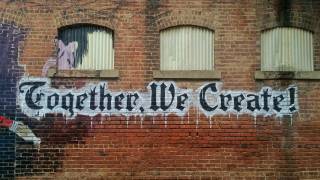
Lara Gonzalez Porras
Doctoral Researcher, lara.gonzalezporras@tuni.fi
Faculty of Management and Business, Tampere University
References
Den Hond, F., & De Bakker, F. G. (2007). Ideologically motivated activism: How activist groups influence corporate social change activities. Academy of management review, 32(3), 901-924.
Freeman, R. E. (1984). Strategic Management. A Stakeholder Approach. Massachusetts: Pitman.
Freeman, R. E., Harrison, J. S., Wicks, A. C., Parmar, B. L., & de Colle, S. (2010). Stakeholder Theory. The State of the Art. Cambridge: Cambridge University Press.
Freeman, R. E., Phillips, R., & Sisodia, R. (2020). Tensions in stakeholder theory. Business & Society, 59(2), 213-231.
Hörisch, J., Freeman, R. E., & Schaltegger, S. (2014). Applying stakeholder theory in sustainability management: Links, similarities, dissimilarities, and a conceptual framework. Organization & Environment, 27(4), 328-346.
Hörisch, J., Schaltegger, S., & Freeman, R. E. (2020). Integrating stakeholder theory and sustainability accounting: A conceptual synthesis. Journal of Cleaner Production, 275, 124097.
Kujala, J., Lehtimäki, H. & Freeman, R. E. 2019. A stakeholder approach to value creation. In Kangas, A., Kujala, J., Heikkinen, A., Lönnqvist, A. & Laihonen, H. (eds.) Leading Change in a Complex World: Transdisciplinary Perspectives. Tampere: Tampere University Press, 123-143
Laine, M. (2010). The nature of nature as a stakeholder. Journal of Business Ethics, 96(1), 73–78
Schaltegger, S., Hörisch, J., & Freeman, R. E. (2019). Business cases for sustainability: A stakeholder theory perspective. Organization & Environment, 32(3), 191-212.
Sulkowski, A. J., Edwards, M., & Freeman, R. E. (2018). Shake your stakeholder: Firms leading engagement to cocreate sustainable value. Organization & Environment, 31(3), 223-241.
Viveros, H. (2017). Unpacking stakeholder mechanisms to influence corporate social responsibility in the mining sector. Resources Policy, 51, 1-12.
Winsenius, Pieter & Guntram, Ulrich (2002). A thousand shades of green: sustainable strategies for competitive advantage. London, UK: Earthscan.
Other sources
ABC & agriculture workers in Spain: https://sevilla.abc.es/agronoma/noticias/agricultura/contagios-covid-campo/?ref=https%3A%2F%2Fwww.google.com%2F
BBC – Solar-powered fridges and COVID-19 vaccines: https://www.bbc.com/news/uk-wales-52912407
Finavia – COVID-19 dogs at Helsinki airport: https://www.finavia.fi/en/newsroom/2020/covid-19-dogs-arrive-airport-able-identify-virus-earlier-laboratory-tests
Oululainen – Reissumies and mask use: https://www.oululainen.fi/tuotteet/reissumies/kampanjat/reissumies-pukeutui-kasvomaskiin/
PRWeek – Brands and COVID-19: https://www.prweek.com/article/1678186/brands-positioning-messages-during-covid-19
UPM – Corporate responsibility and COVID-19: https://www.upm.com/responsibility/people-and-society/biofore-share-and-care/covid-19-support-for-local-communities/
Yle – Lapland jobless sled dogs: https://yle.fi/uutiset/osasto/news/duo_aiming_to_raise_funds_for_laplands_jobless_sled_dogs/11615720


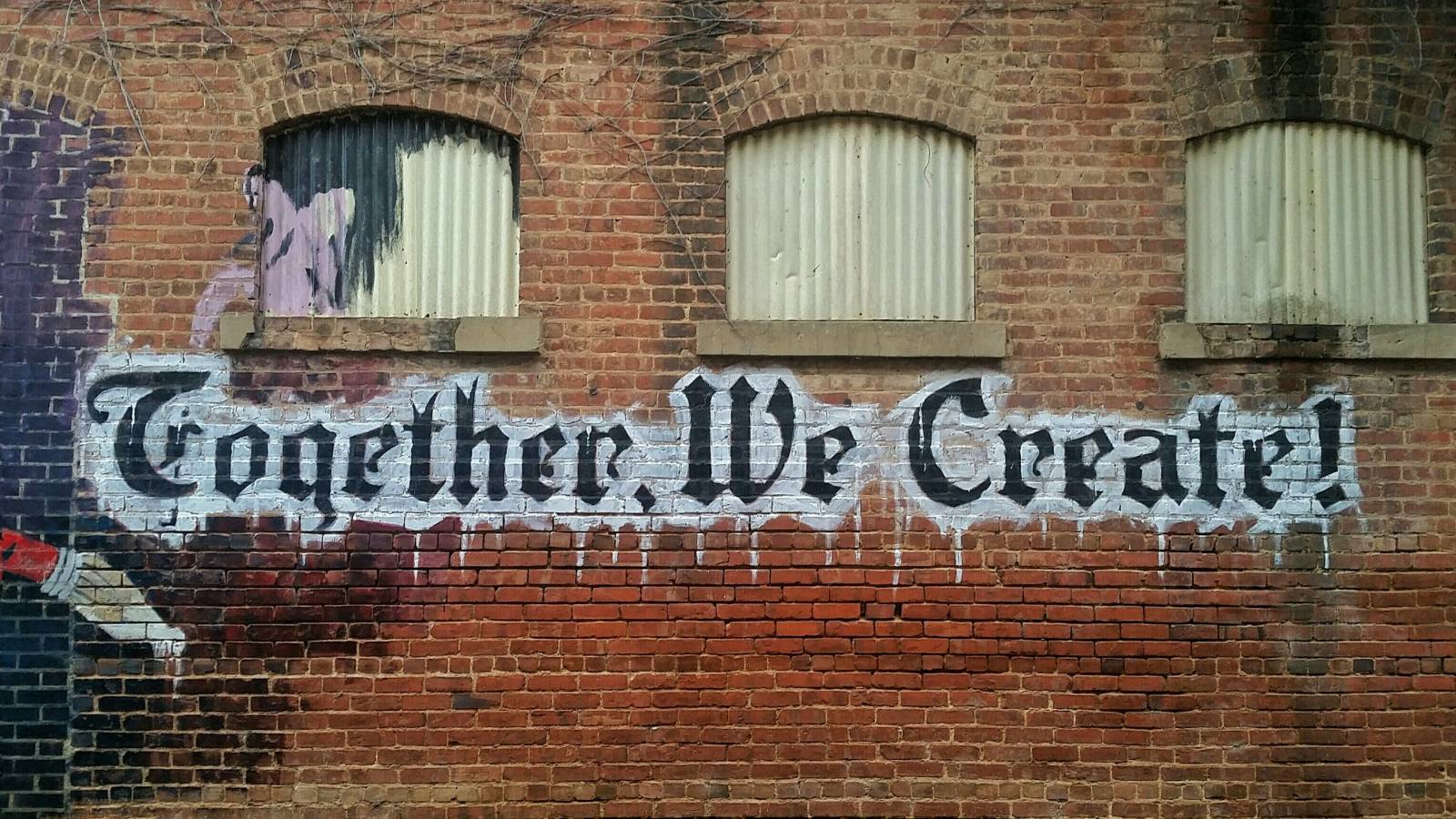
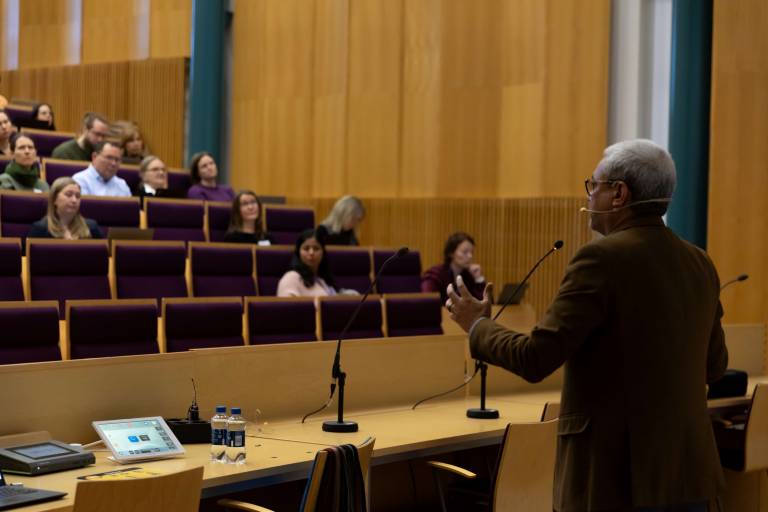
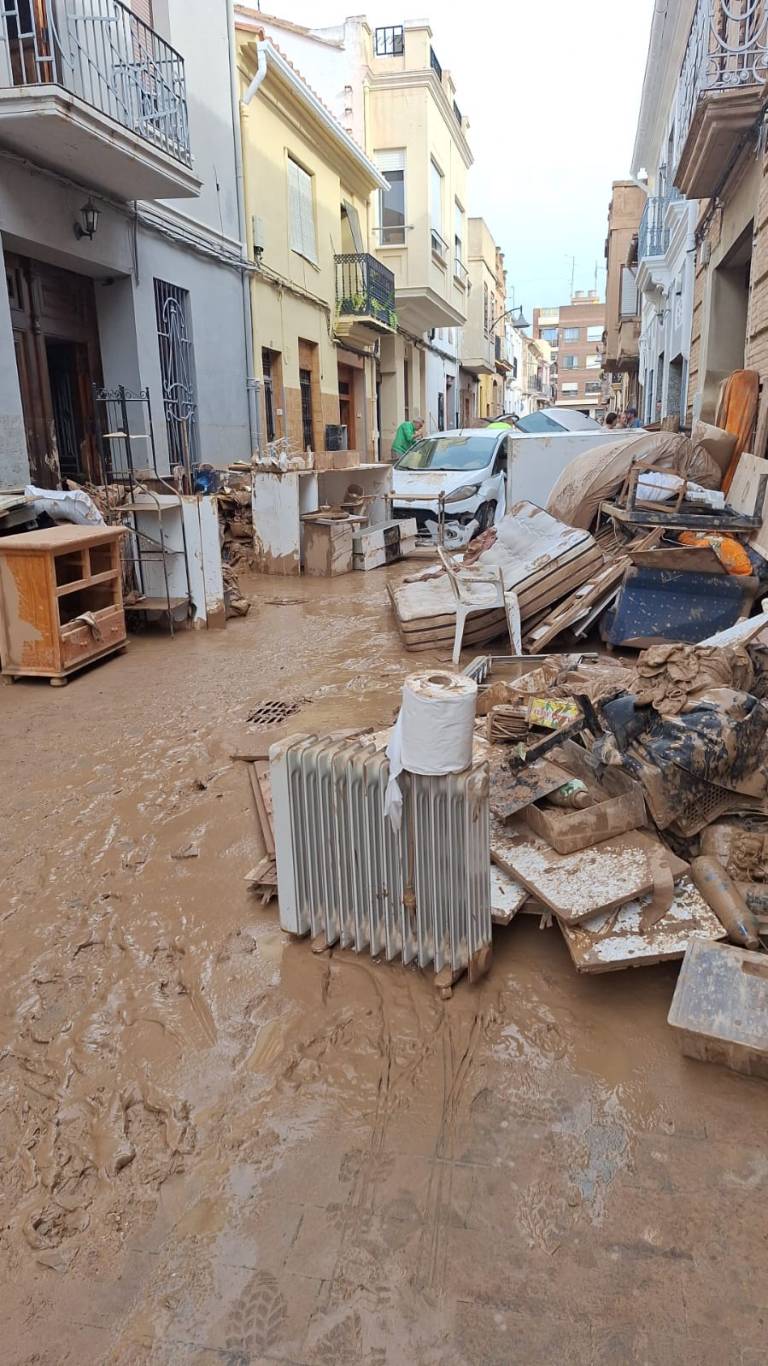
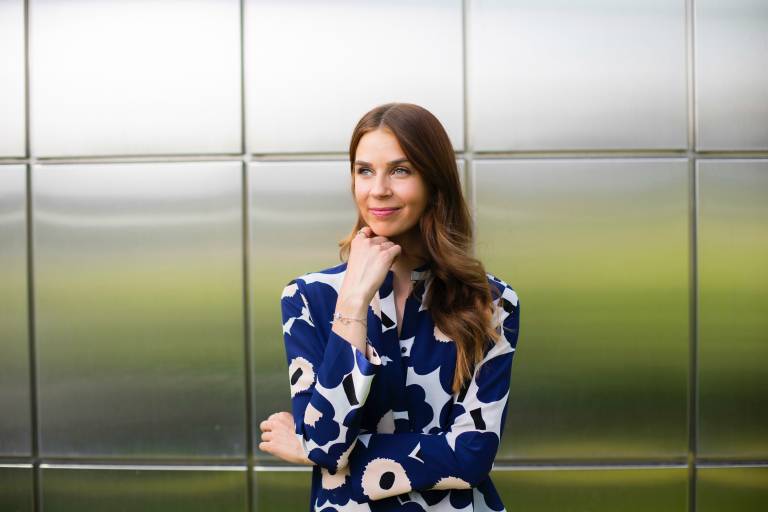
Kommentit